Solidarity is a cornerstone of our movements, entailing mutual support and collaboration across boundaries.
Throughout these contributions shared by a variety of movements, we can see that solidarity is rooted in a willingness and openness to learn and exchange with others. It entails accepting that our struggles are interconnected, while embracing the importance of autonomy, self-determination and agency in achieving liberation. In practicing solidarity we acknowledge that our liberation is intimately bound up with that of others.
How Do Our Movements Define Solidarity?
1. Asosiasi Tenaga Kerja Indonesia (The Association of Indonesian Migrant Workers) Hong Kong (ATKI-HK)
ATKI-HK has worked to build up a mass movement of progressive Indonesian migrant workers based in Hong Kong. ATKI’s main objective is to assert and defend the rights and welfare of Indonesian migrant workers in Hong Kong.
Solidarity is support given across sectors and nationalities fighting for justice.
We look for solidarity in terms of:
- Willingness to listen and learn about life as migrant domestic workers
- Direct engagement such as providing necessary training
- Political support for campaigns and advocacy
- Joint research or research that benefits our community
- Networks for direct assistance to victims, such as temporary shelter and legal support
- Space in national, regional and international fora to share our problems, experiences and strategies of resistance
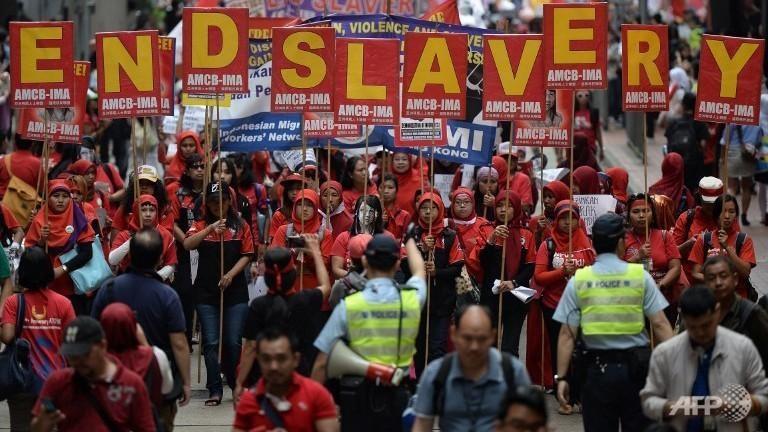
2. Women's International League for Peace and Freedom (WILPF)
WILPF has for over 100 years been bringing together women from around the world who are united in working for peace by nonviolent means and promoting political, economic and social justice for all.
In short: sisterhood, compassion and mutual support among people without discrimination on the basis of sex, race, religion or any other grounds whatsoever.
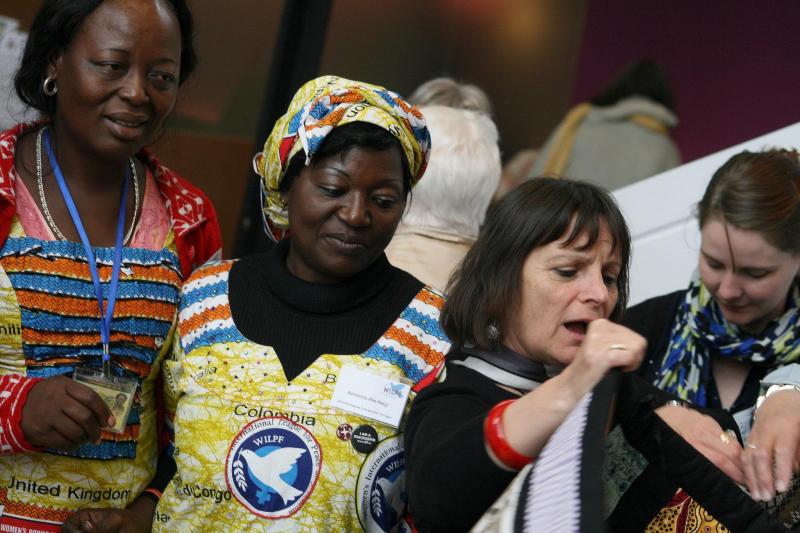
3. Land Access Movement of South Africa (LAMOSA)
LAMOSA was established in 1991 to mobilize disposed communities to collectively fight discriminatory colonial and apartheid land laws, racial and gender discrimination and poverty.
Linkages with other like minded organisations through exchanges and communication. Solidarity means visibility in times of crisis, whether it’s a letter of support and encouragement, or helping to popularise each struggle.
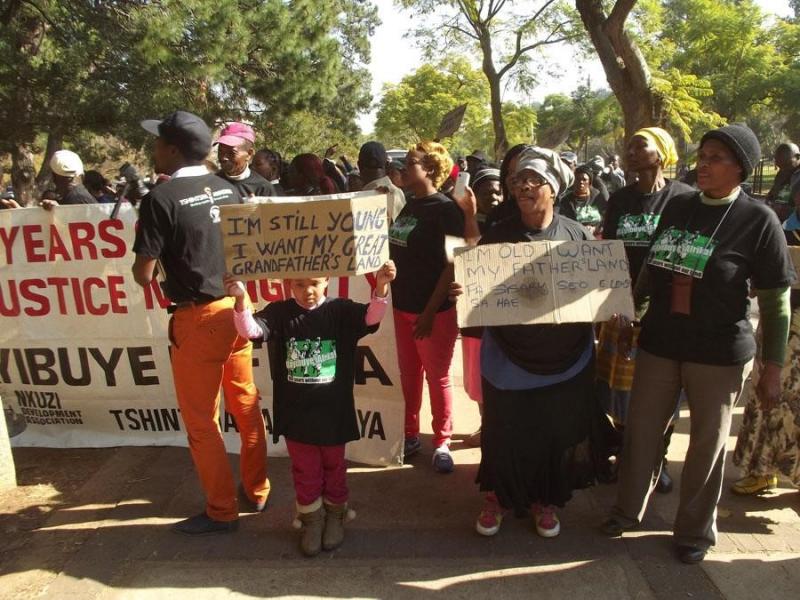
4. Durbar Mahila Samanwaya Committee (DMSC)
DMSC is a collectivization of 65000 sex workers, functions as an exclusive forum for female, male and trans sex workers in West Bengal, India.
- Accepting sex work as work.
- Recognition of the agency and leadership of sex workers.
- Making clear distinctions between trafficking and sex work and challenging moralistic and stigmatizing views.
- Acceptance that the right to perform sex work and the rights of sex workers are inseparable.
- Acceptance of women, men or trans sex workers as human beings and not stereotyped as a ‘unique’ category.
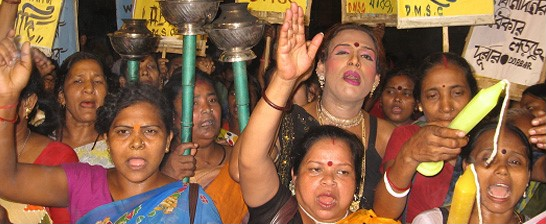
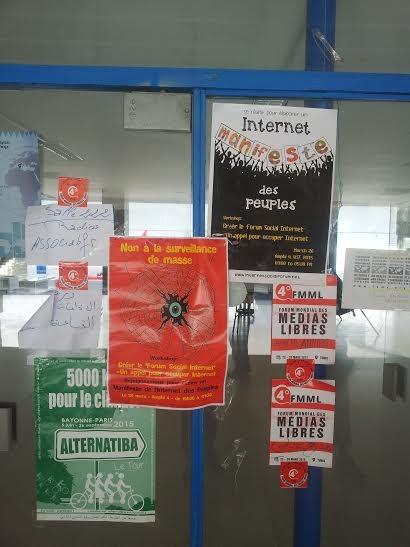
5. JustNet Coalition
The JustNet Coalition advocates for an open, free, just and equitable Internet. Founded in February 2014, the coalition engages on topics of the Internet and its governance, with the goal to promote democracy, human rights and social justice.
Identifying common ground with other movements on our respective issues and struggles and providing mutual support and engagement.
This includes how the Internet/ digital are changing our realities, implicating issues of equity and social justice, and thereby building effective collective action. Since this area cuts across almost all other areas of activism, sustained linkage with and engagement from other social justice movements is essential.
6. Isha L’Isha
Isha L'Isha is the oldest grassroots feminist organization in Israel and one of the leading voices of women’s rights in the country. Isha L’Isha’s mission is to advance the status and rights of women and girls, and to promote peace, security and socio-economic justice.
Solidarity for us is first and foremost the ability to work together beyond national, ethnic, class and sexual differences. Solidarity between Palestinian and Jewish women is the core essence of our activism.
We perceive ourselves as part of a resistance movement against oppression and would benefit greatly if our society would be less fragmented and less racist.
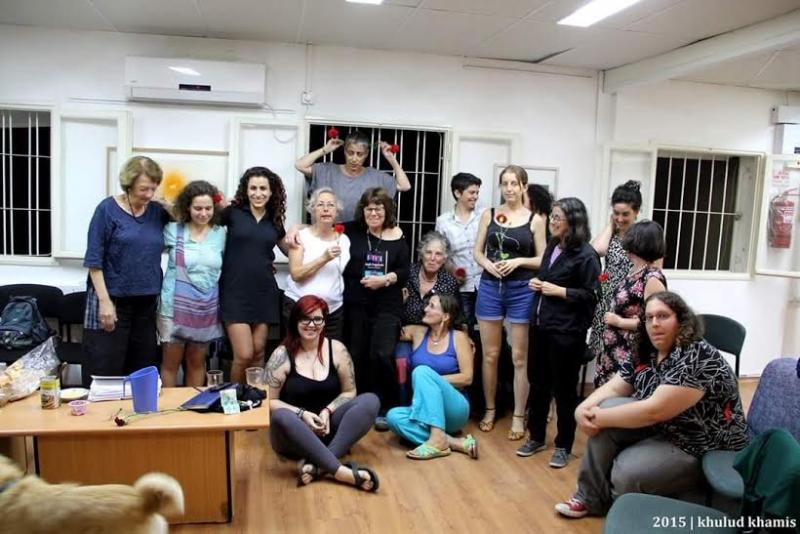
Blog series
This piece is part of a series of blog posts sharing a selection of reflections and thoughts from a range of movements organizing for justice around the word.
